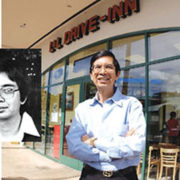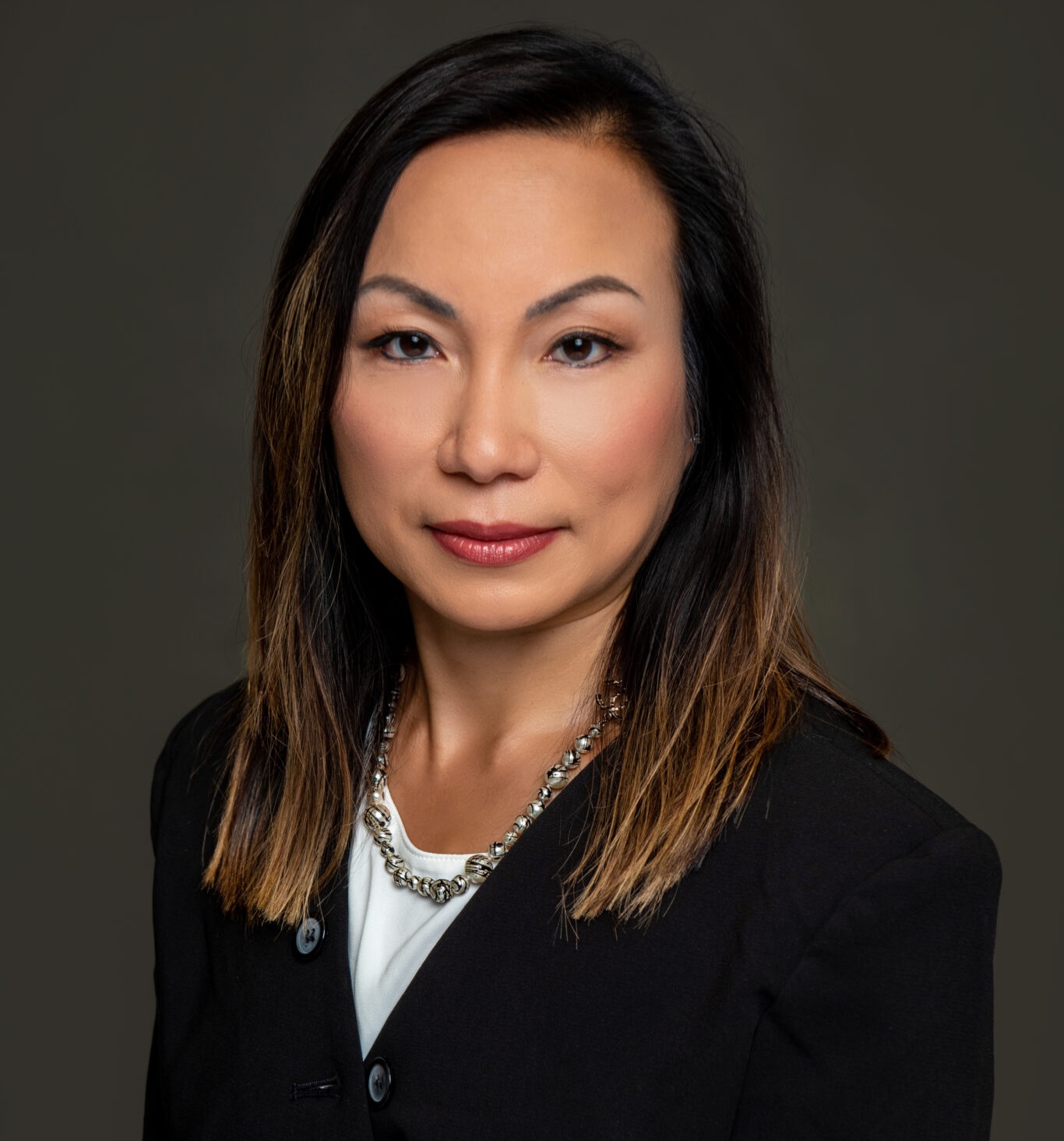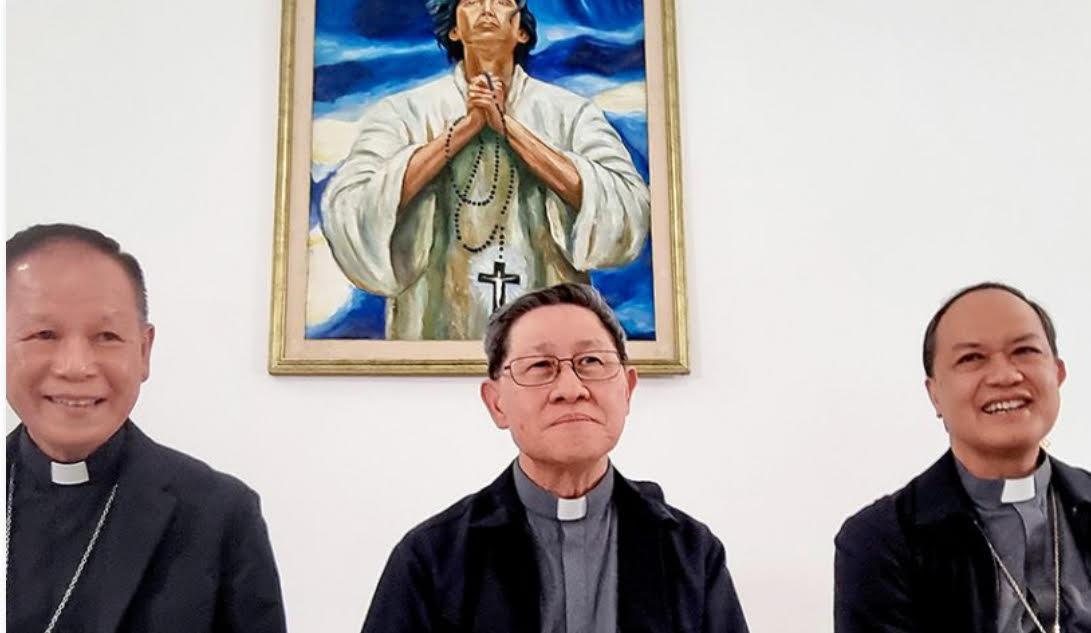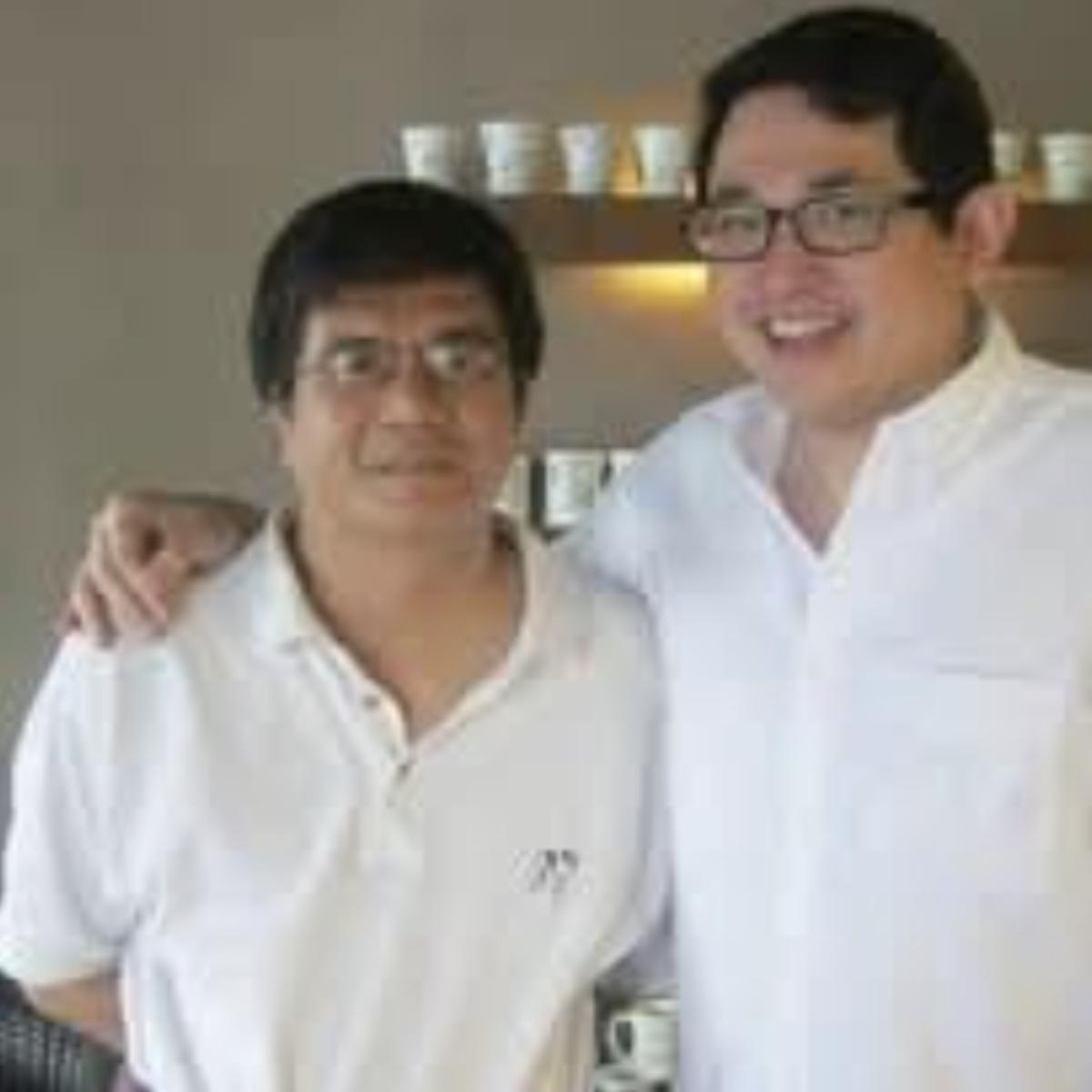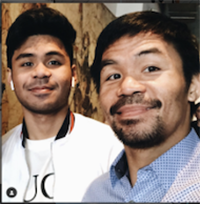IT STARTED out simple.
A local restaurant was up for sale near their home so Flores, then a commercial real estate agent in 1976, purchased it.
It was a gift from a son to a mother — a gift to fulfill her immigrant dreams of becoming an entrepreneur and owning a restaurant one day.
The restaurant’s was named L&L Drive-Inn.
From that simple gesture, that $22,000 gift from a son to his hardworking Chinese immigrant mother spawned to become a multi-million dollar restaurant chain.
Flores is the president and founder of L&L Drive-Inn, which later became L&L Hawaiian Barbecue. The franchise chain restaurant has over 175 locations in ten states across the US It has become one of the most popular eateries in Hawaii and the West Coast known for its delicious taste, generous portions and low prices.
Through L&L, Flores Jr. has won several awards including the National Restaurant Association’s Faces of Diversity American Dream Award in 2008.
“I’m very thankful for everything this country did for me, because it gave me the opportunity as an immigrant to succeed,” Flores told Pacific Business News.
Truly Flores’s story is of an immigrant achieving the American dream.
Entrepreneur spirit
Flores is part-Filipino and part-Chinese. In an interview with Greater Good Radio in Hawaii, he said that his father was born in the Philippines and worked as a musician in Hong Kong as a member of the Society of Seven, before meeting and eventually marrying his Chinese mother.
He said that even at a young age, he already had an entrepreneur spirit. He would go down the street and buy a slice of watermelon. He’d split it in three ways and sell the slices to his brothers and sisters.
“I didn’t give it to them,” he told the Greater Good Radio. “I would sell it to them. To me it was pretty normal, maybe it’s because of my Chinese culture… I don’t know. It’s not acceptable in American culture to actually sell it to your siblings but I was doing it, [selling] for 50 cents, I’d make a dollar and get one piece to eat.”
At the age of 16, the family moved to Hawaii. The family of nine was so poor, his father decided to send him to San Francisco to live with an uncle. After graduating high school, he came back home and enrolled at the University of Hawaii. He studied business and after working at a bank for a few years, started his own real estate company at age 24.
But according to Flores, the state was going through a mini-recession that time. After a couple of slumping years, he was prepared to go back and work at the bank, when he stumbled upon commercial real estate.
“Fortunately, I was able to stumble upon selling business opportunities – restaurants, bars and grocery stores. I became one of the experts in town and I became very successful,” he said.
L&L
When he purchased L&L, it was merely a gift for his mother but he soon found out how difficult it was to run a restaurant.
He told Greater Good that his mother did not know how to operate a restaurant, let alone cook.
“The cleaning lady taught us,” he said.
It became a family restaurant with everyone helping out. It also became too overwhelming.
Within five years, his mother wanted out. He sold the business to Johnson Kam. Kam made L&L a profitable venture. Kam is credited with creating the plate lunch: two scoops of rice and one scoop of macaroni salad accompanying such entrees such as chicken katsu, hamburger patty, or barbecue. It eventually became the staple of the restaurant.
Flores said Kam, out of his own generosity, then began helping out his friends by allowing them to open other L&L locations in Hawaii, without any business stakes.
Flores then advised Kam on how to properly conduct the business.
“You did that for two or three of your friends, that doesn’t seem right,” Flores recalled telling Kam. “That’s not the Chinese way of doing business. We’re supposed to make money, make a profit. You don’t just give it away. So he asked me to come back and help him.”
Flores became the president of L&L and the two partners began looking to expand and franchise the restaurant in 1991.
It was the beginning of the gulf war and a long recession in Hawaii. While most restaurants were falling by the wayside, L&L grew. In nine years, the restaurant chain grew from five restaurants to 50.
“Basically, when you’re dealing with fast food business, it’s recession-proof,” Flores told Greater Good. “When people don’t have money they eat at L&L’s.”
From there, the partners expanded their operation from Hawaii to the mainland. They opened the 100th L&L in San Francisco. Soon, L&L became the giant restaurant chain that it is today.
According to the Associated Press, the restaurants average $550,000 a year in sales. They’re all franchises, with about half of the franchisees being employees, relatives or friends, and the other half-interested strangers. He and Kam have an interest in about 20 of the outlets, but their company doesn’t own any.
Giving back
Throughout the success of L&L, Flores said it’s been equally important to not only grow the business but also give back to the community.
Growing up, Flores mostly associated himself with the Chinese community. That changed when he approached the Filipino Chamber of Commerce in Hawaii.
In 1992, Flores created the first Filipino Fiesta & Parade, an annual Filipino heritage event in Waikiki.
Flores also created and helped oversee the building of the Filipino Community Center of Hawaii. He raised more than $14 million for the project.
Flores said he implores people, especially those who have made a lot of money and have become successful, to give back.
“From day one, I’ve been telling people if you’re successful give back to your community. There [are] no ifs and buts, you can’t just keep making money and not give back,” he told Greater Good Radio.
“The best way to give back is to actively participate in the community.
“If you wait until you die and give back it doesn’t make sense. No one is going to appreciate you or remember you. No one can even thank you. You won’t even be able to hear it,” he added.
“For me, it’s better to give back while you’re alive and help other people that are less fortunate.”
Flores added he doesn’t expect anything in return when he volunteers his time.
But he’s always received more than he’s given.
His advice to people: “Start right now,” he told Greater Good. “You can spare one hour, two hours just to help. There are so many places you can volunteer. Young people especially need your help, you can mentor them.”


